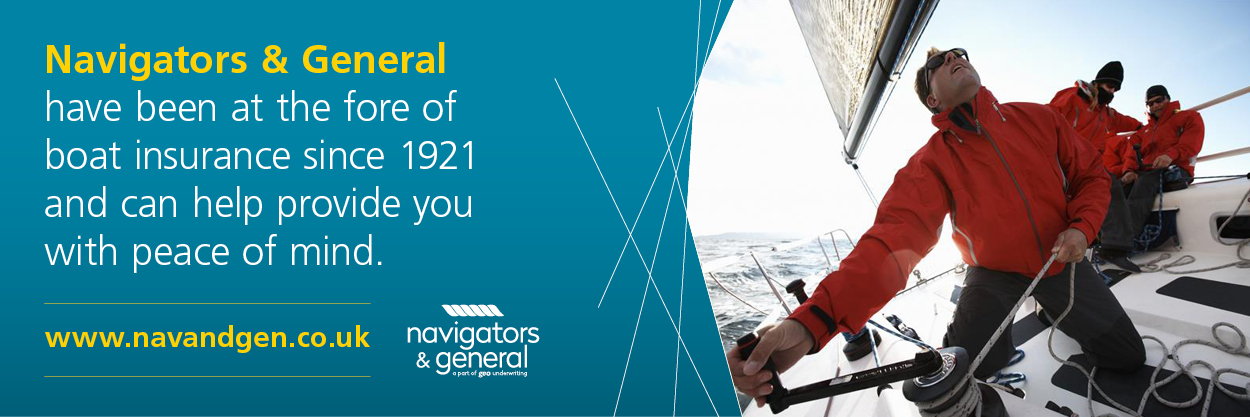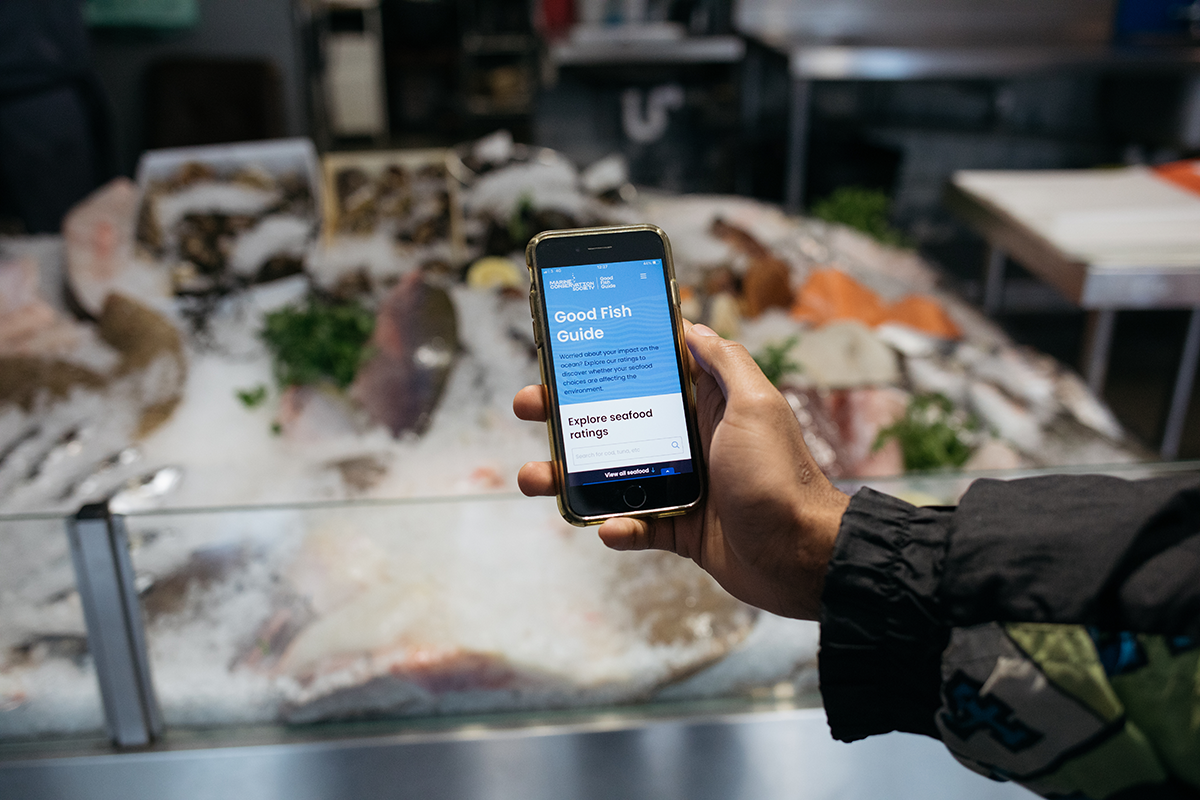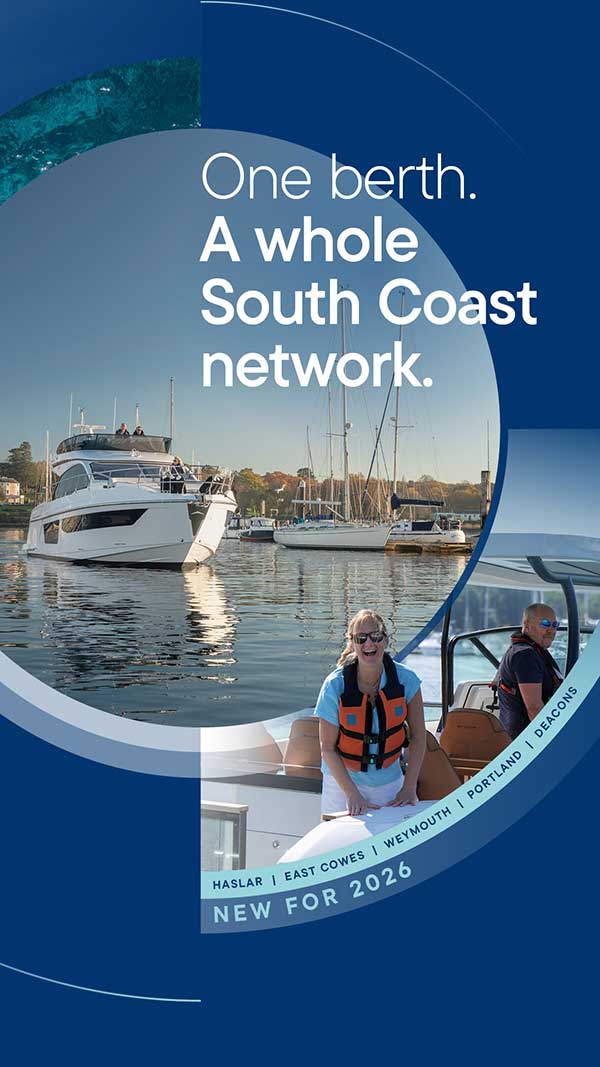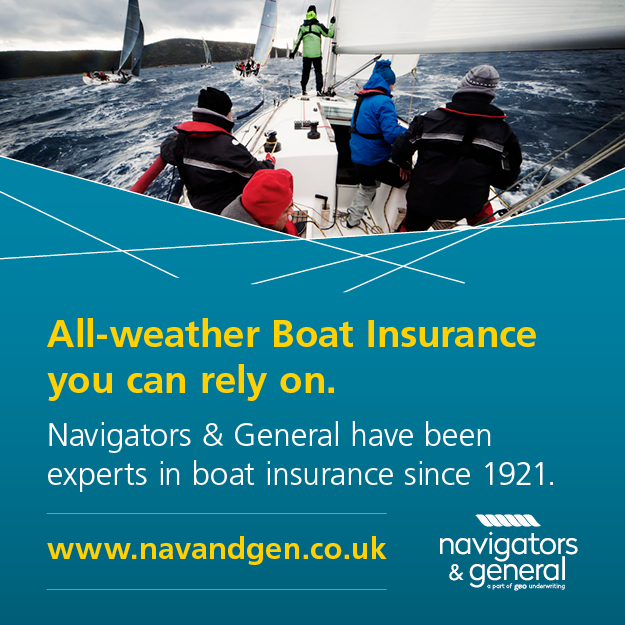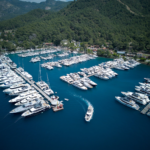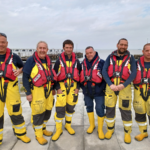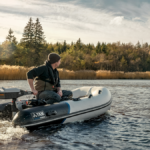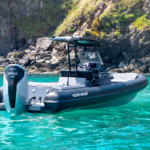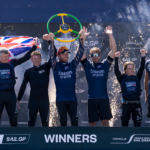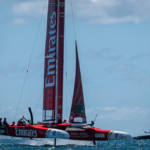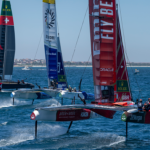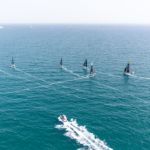The Marine Conservation Society has updated its Good Fish Guide in line with the latest scientific advice. Rating seafood caught, farmed or sold in UK, the Guide gives a traffic light rating for each fish or shellfish depending on how and where it was caught or farmed.
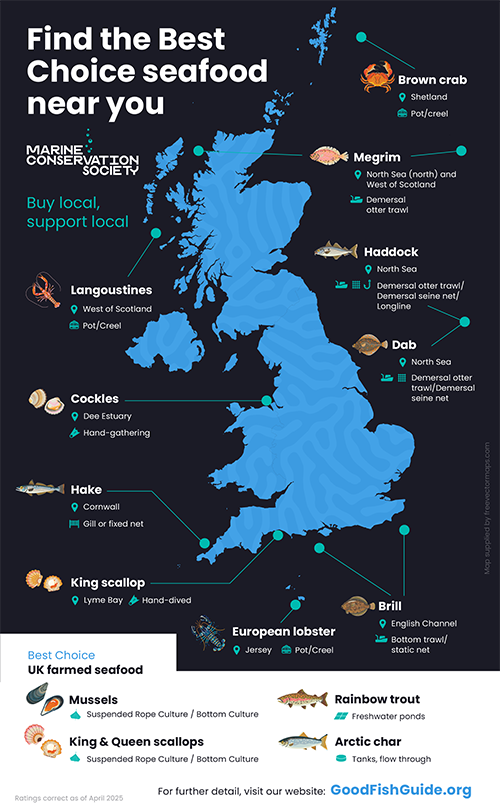 The update to the Good Fish Guide brings concerning news for North Sea herring, which has been downgraded from green-rated to an amber score, due to increased fishing pressure. This means there are now no green-rated options for herring. Herring, like mackerel, is a small fish that plays a key role in the marine food web, being a vital food source for marine predators.
The update to the Good Fish Guide brings concerning news for North Sea herring, which has been downgraded from green-rated to an amber score, due to increased fishing pressure. This means there are now no green-rated options for herring. Herring, like mackerel, is a small fish that plays a key role in the marine food web, being a vital food source for marine predators.
Gareth Cunningham, Director of Policy and Conservation at the Marine Conservation Society said, “Herring plays a crucial role in our intertwined ocean food chain. Its decline could have ripple effects across the ecosystem and impact iconic species like dolphins, seals and seabirds who depend on them as a food source. We urgently need to improve management to protect these stocks and help protect all marine life.”
In contrast, seabass has seen an improvement in ratings across several regions including the North Sea, English Channel and Bay of Biscay, where ratings have changed from amber- to green-rated, due to good compliance with management and an improved outlook on population levels. With fishing pressure remaining at safe levels and catches of seabass below scientific advice for some years, these stocks are showing signs of recovery.
The Good Fish Guide reviews a portion of ratings on the Guide at each update. As ratings are based on where and how a species is caught or famed, there are multiple ratings for every species. Two of the UK’s most eaten species, cod and haddock, have seen the ratings of some fisheries downgraded amongst growing concern for their sustainability.
The picture for cod has not looked good for a number of years, with no green-rated cod stocks in UK seas. The majority of cod is imported into the UK from Icelandic or Arctic stocks and whilst Icelandic Atlantic cod remains green-rated, Atlantic cod caught in the Northeast Arctic moves from low amber to red-rated, reflecting a decline in population and increased fishing pressure.
Northeast Arctic Atlantic cod is one of the largest cod stocks in the world, with Russia and Norway being the main catchers of this cod. This ratings update however has found the population is decreasing and the fishery is linked to unsustainable bycatch of golden redfish, a species with no safe catch level, raising alarm further over ecosystem impacts.
Haddock from the Southern Celtic Seas and English Channel has also been downgraded, with haddock from the Southern Celtic Seas red-rated due to low population levels and overfishing. It also has high discard rates and significant bycatch of cod and whiting, which are both under zero catch advice in the area due to the depletion of stocks. Northeast Arctic haddock, previously considered more sustainable, has seen ratings drop due to rising fishing pressure and similar bycatch concerns.
Chris Graham, Head of Ocean Regeneration and Sustainable Seafood at the Marine Conservation Society said: “The further downgrade of cod and haddock is a clear sign that cod and haddock fisheries need to be urgently better managed, and scientific advice adhered to. We know that recovery is possible, as shown by the improvement in score of seabass where the stocks have been left to recover. At home, we must see the UK Government take strong action to reduce fishing pressure on our own fish stocks where they are depleted and support a shift to low-impact fishing practices, to help recover our seas so that we can continue to enjoy these classics, and marine life can flourish.”
The Marine Conservation Society encourages consumers, retailers, and policymakers to use the Good Fish Guide to make informed choices that support healthy oceans. The next update to the Good Fish Guide will be in Spring 2026.
The Marine Conservation Society’s work protecting the health of our ocean is made possible thanks to the vital funding raised by players of People’s Postcode Lottery.
Laura Chow, Head of Charities at People’s Postcode Lottery, said: “Protecting our ocean starts with the everyday choices we make, from what we eat to how we live. That’s why it’s fantastic that players of People’s Postcode Lottery are able to support the Marine Conservation Society’s Good Fish Guide, helping people make informed, sustainable seafood choices. This vital work is empowering more of us to take simple steps that protect marine life and ensure a healthier ocean for generations to come.”
Visit the charity’s website for more information on the Marine Conservation Society’s Good Fish Guide and how the ratings work.







